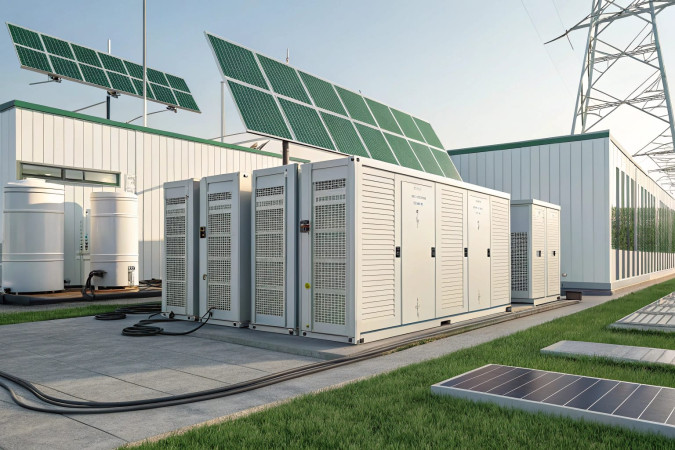
Follow India Renewable Energy News on WhatsApp for exclusive updates on clean energy news and insights
Madhya Pradesh Unveils Guidelines for Pumped Storage Projects
Mar 11, 2025
The Madhya Pradesh government has introduced guidelines for implementing pumped storage projects (PSPs) under its renewable energy policy. The initiative aligns with the state's 2022 renewable energy framework and will remain valid for 10 years. The Office of Commissioner will act as the nodal agency, responsible for site allocation to central and state public sector undertakings (PSUs), state authorities, and private developers.
The PSP projects can be implemented through four modes:
- Mode I – Allocation to CPSUs, PSUs, and Government Authorities
- Sites can be allotted on a nomination basis to central and state undertakings.
- Madhya Pradesh Power Management Company (MPPMCL) has the right of first refusal for up to 100% of the project capacity.
- Mode II – Competitive Bidding for Developers
- Sites will be allocated through bidding, with MPPMCL not having any right of first refusal.
- Mode III – Projects for DISCOMs and Public Organizations
- PSPs can be set up under a tolling tariff model or integrated with solar projects in solar parks.
- Government land will be available at a discounted rate of up to 35% for 25–40 years.
- Special Purpose Vehicles (SPVs) must be formed with a minimum shareholding of Rs100,000.
- Mode IV – Self-Identified PSP Sites
- Developers can propose off-stream PSP sites.
- MPPMCL has the right of first refusal for up to 50% of capacity.
Incentives & Charges:
- PSPs will be exempt from electricity duty for 10 years.
- No energy development cess for a decade.
- Stamp duty reimbursement up to 65% and 50% waiver on wheeling charges for five years.
- Project registration, facilitation, and rehabilitation charges apply.
Projects under Modes I, II, and III must be completed in seven years, with a one-year extension for environmental clearances, while Mode IV projects must be finished within four years. This initiative supports the state’s goal of achieving 50% renewable energy consumption by 2030.